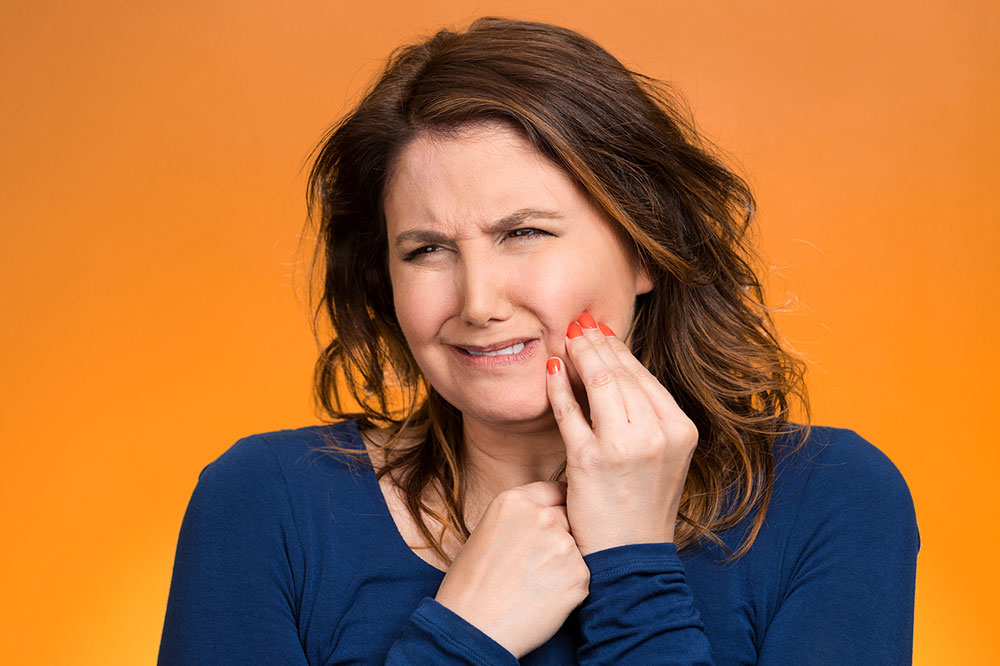Symptoms and risks associated with mouth and teeth diseases
Mouth and teeth problems are common occurrences in individuals. One should not wait for the symptoms to worsen before visiting a doctor. It is always advisable to pay a visit twice every year, even if you don’t have any problems, so that any impending dangers can be dealt with promptly. Here are some of the common symptoms, causes, and risks associated with most mouth and teeth problems.
Several symptoms might indicate that you have a critical oral problem.

- Suffering from bad breath for a long period despite adhering to good eating habits and trying to maintain the necessary oral hygiene
- Developing sores, ulcers, and tender areas in mouth frequently, which don’t heal even after two weeks
- Swelling in the cheek or face for no apparent reason
- Frequent loosening of teeth or pain especially when trying to bite or chew food items
- Sudden sensitivity to cold and hot beverages or temperatures
Causes
The causes of mouth and teeth diseases include:
- Excessive consumption of food items containing starch and sugar can lead to plaque formation, which can further result in tooth decay and several gum issues. Also, if your water intake is less, you might not be able to get sufficient fluoride, which can again be a root cause of plaque creation in the mouth.
- A deep cavity or cracked tooth can let bacteria enter the tooth pulp, which can further lead to infection inside the tooth. The situation can worsen when the infected tooth can further cause a lethal abscess.
- Cracked, broken, and injured teeth are one of the main causes of oral diseases. There is a reason why we are asked not to chew on hard items such as pens, popcorn kernels, or other objects. That’s because such activities weaken our teeth and can lead them to crack or even break. Also, bruxism or grinding of teeth can also lead to cracked teeth especially if there are fillings in them.
- Dry mouth is yet another common cause of mouth and teeth diseases. It is caused by several factors. You can get a dry mouth if you have certain diseases, if you have undergone radiation therapy, or in case you have suffered nerve damage. Sometimes, over-the-counter and prescription medicines such as decongestants, painkillers, antihistamines, and diuretics can lead to dry mouth. Dry mouth is also caused when our salivary glands do not function properly.
- Canker sores can also contribute to oral problems. Although the specific cause is yet to be known, doctors have observed that people who take a lot of stress tend to get canker sores. Also, canker sores may be genetic. This means if your parents or siblings have had canker sores, the chances of you getting them are quite likely.
Risks
Poor oral hygiene is one of the most prominent risk factors of mouth and teeth issues. If you don’t brush your teeth regularly, refrain from rinsing your mouth after eating food, or don’t floss, the chances are you will get some or the other kind of mouth and teeth disease.